Newfoundland
Showing all 7 results
iHeartDogs is Your #1 Source for Newfoundland Lover Gifts – Newfoundland Shirts, Newfoundland Sweatshirts, Newfoundland Mugs, Newfoundland Jewelry, Newfoundland Memorial Products & More!
Each Purchase Helps Provides Donated Food to Shelter Dogs!
Since 2013, iHeartDogs has supported rescues and shelters through each purchase in our Newfoundland gifts store. Shop newfoundland t-shirts for him, newfoundland shirts for her, newfoundland mugs, newfoundland hoodies & sweaters, newfoundland jewelry, and newfoundland pet memorial gifts.
In our iHeartDogs Dog Health Supplements store, you’ll find Hip & joint supplements for your newfoundland, newfoundland probiotics, CBD for newfoundlands, newfoundland allergy supplements & fish oil, and newfoundland dental chews & cleaners.
With the cost of veterinarian care skyrocketing, make sure you compare pet insurance plans for your newfoundland. In recent years, many new pet insurance companies have entered the market and pet insurance for your newfoundland has become more affordable.
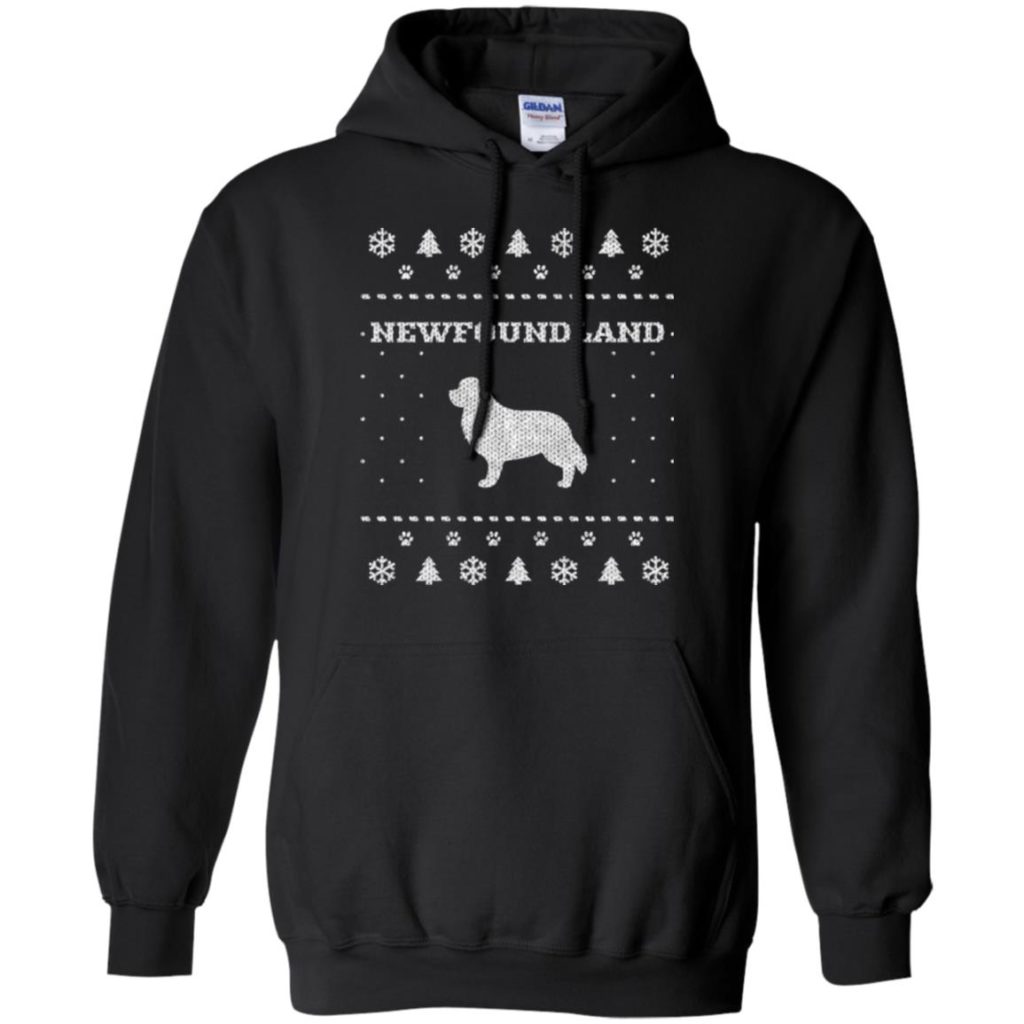
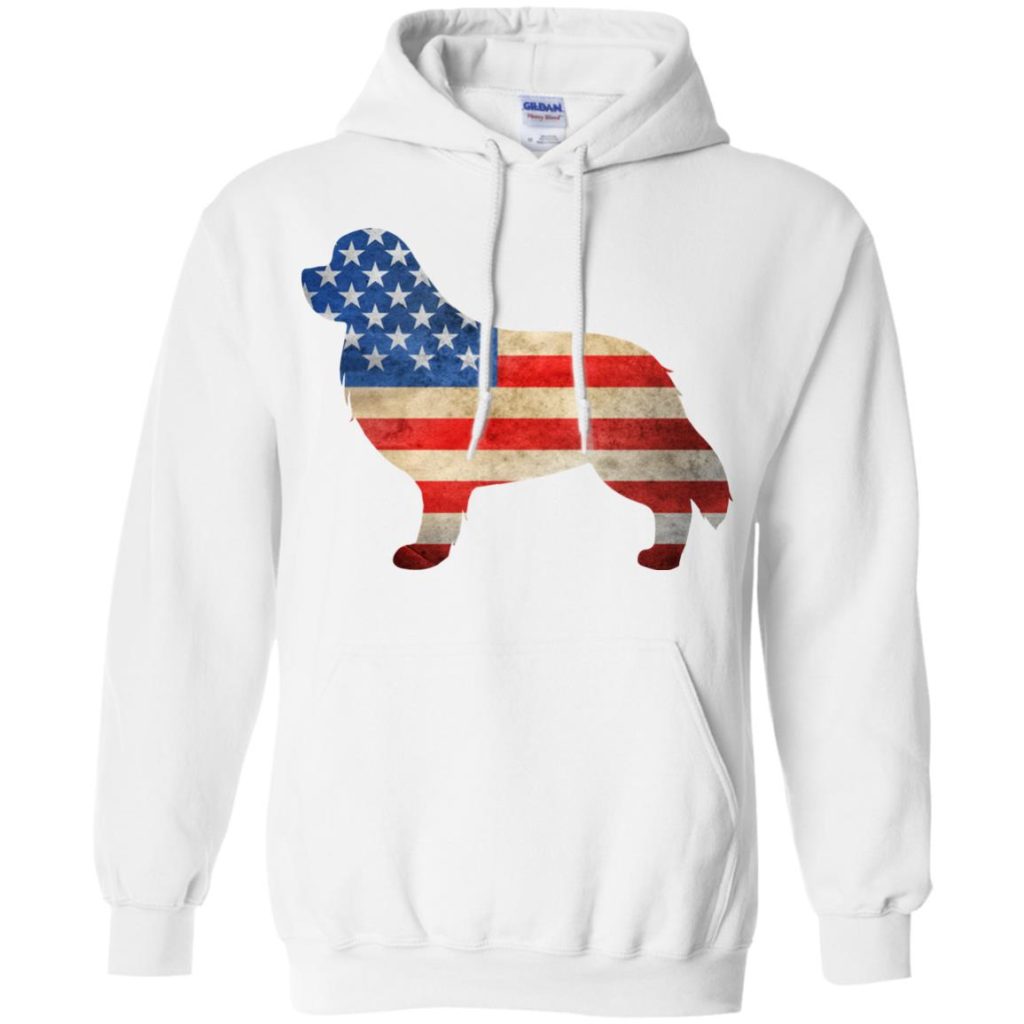
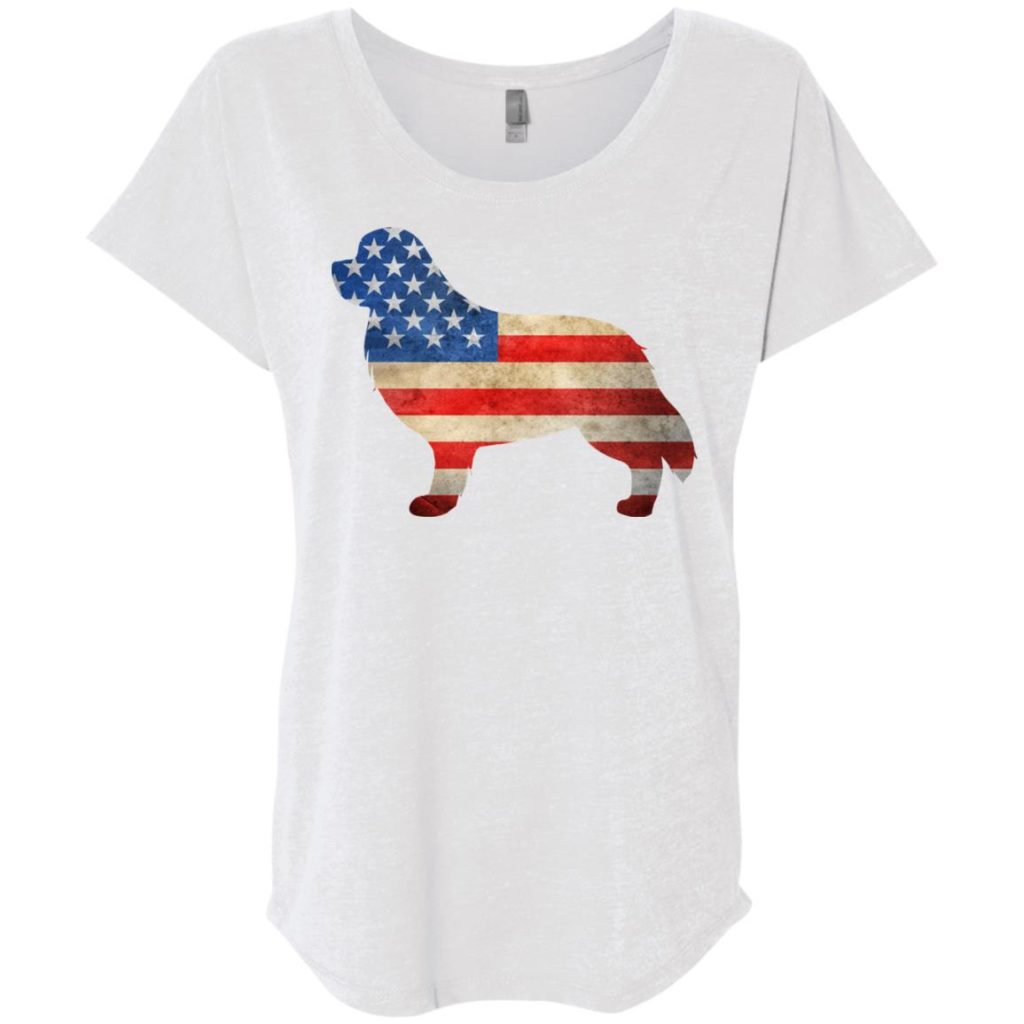



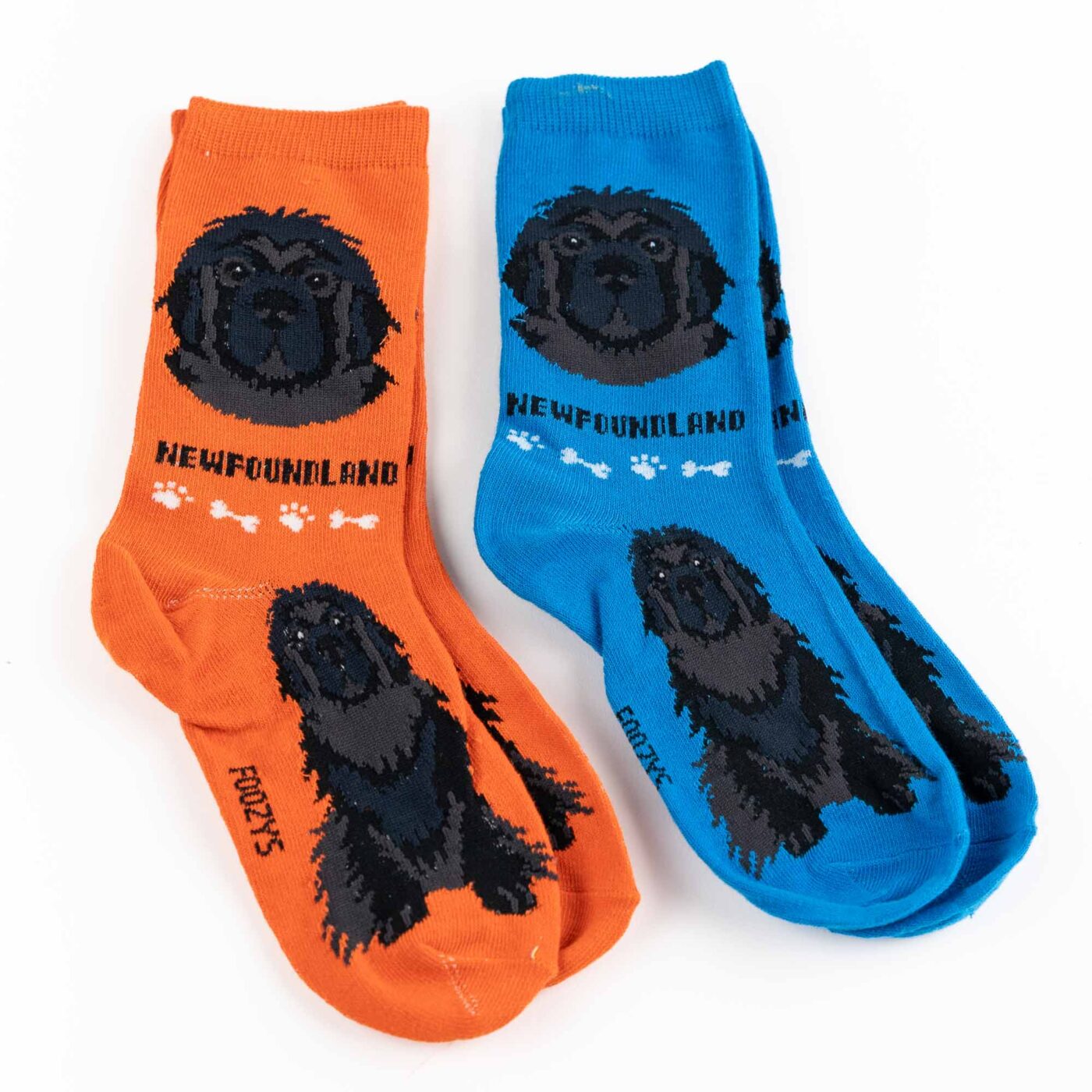

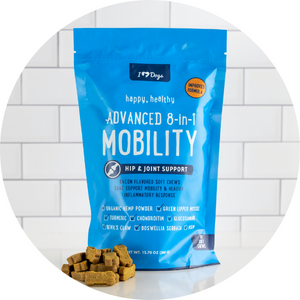
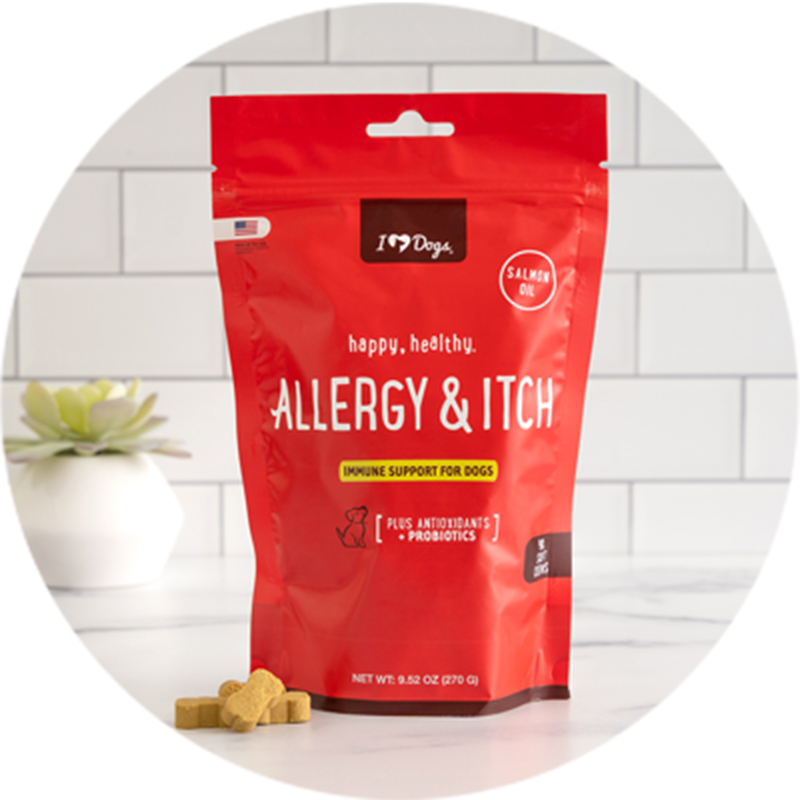
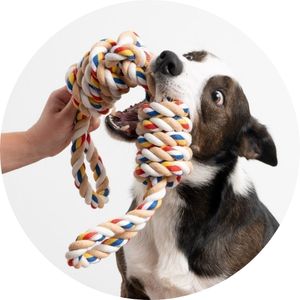




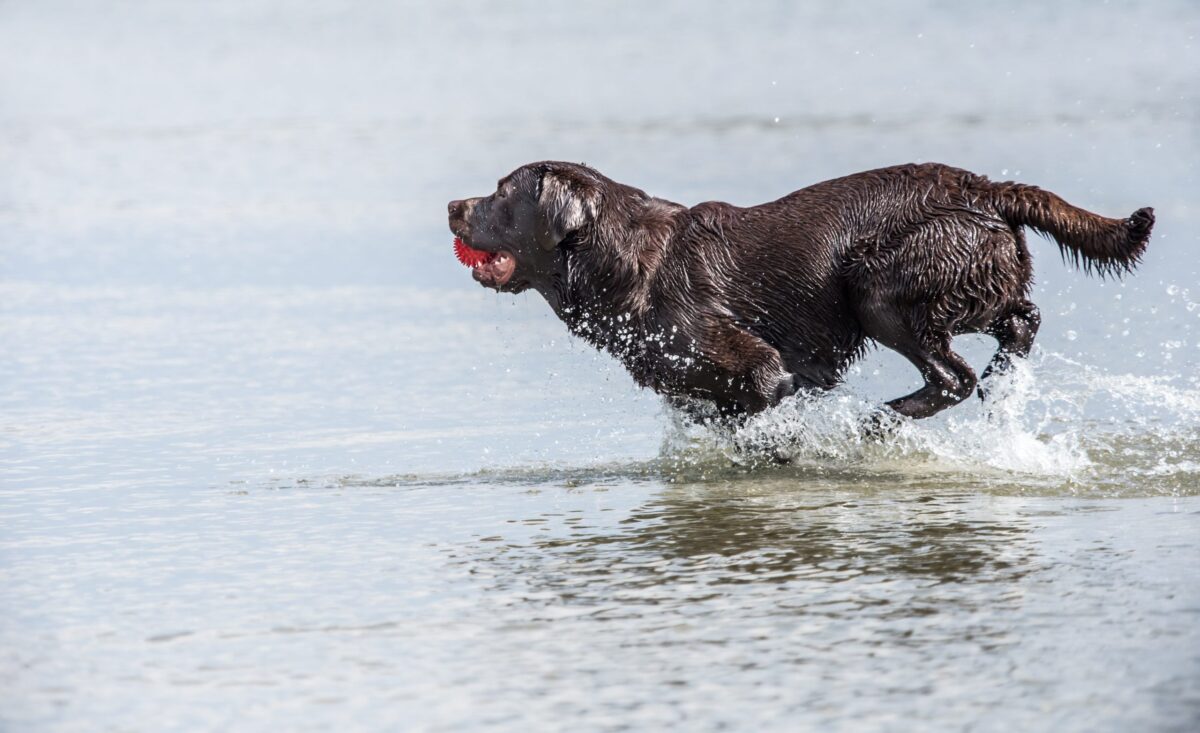
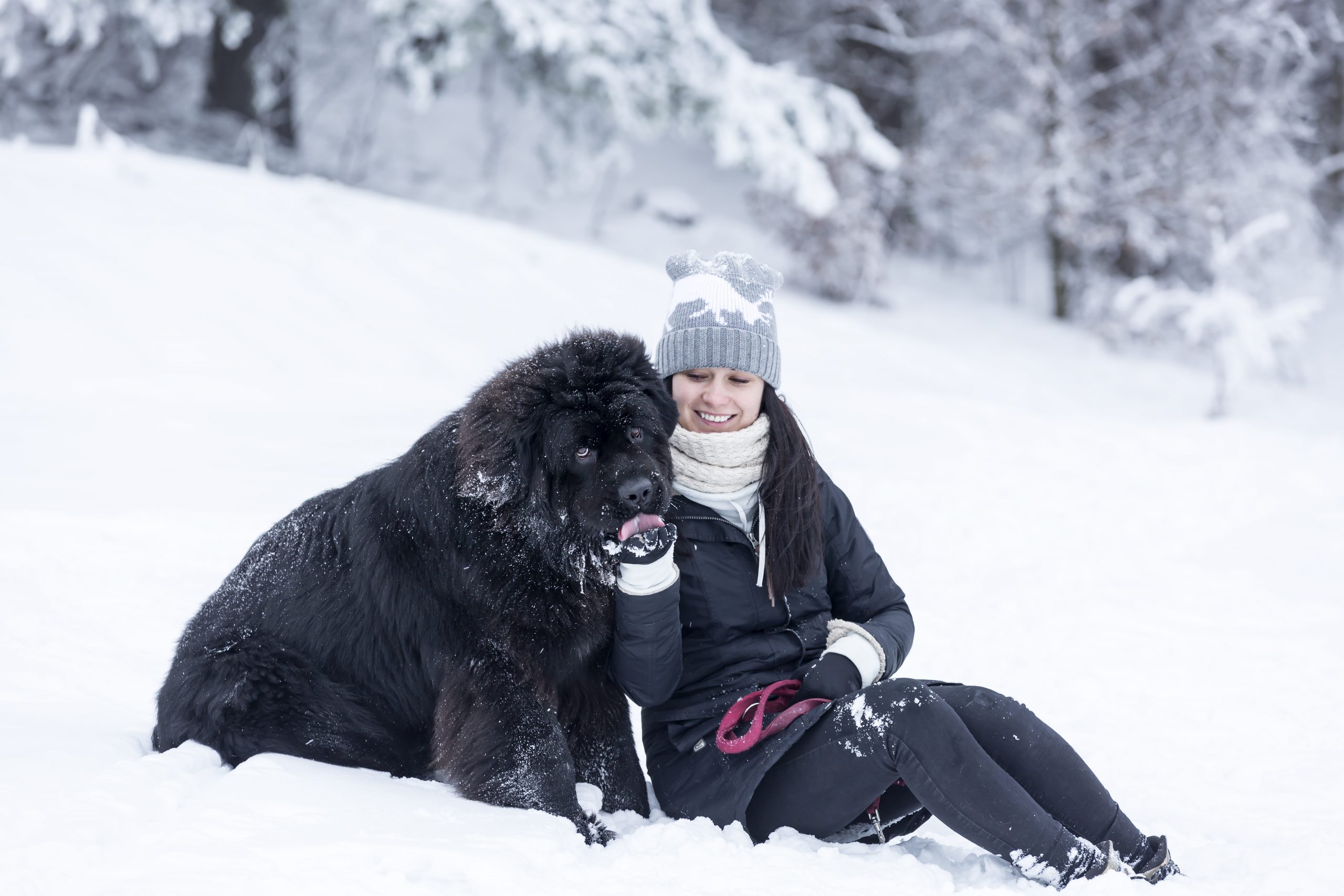
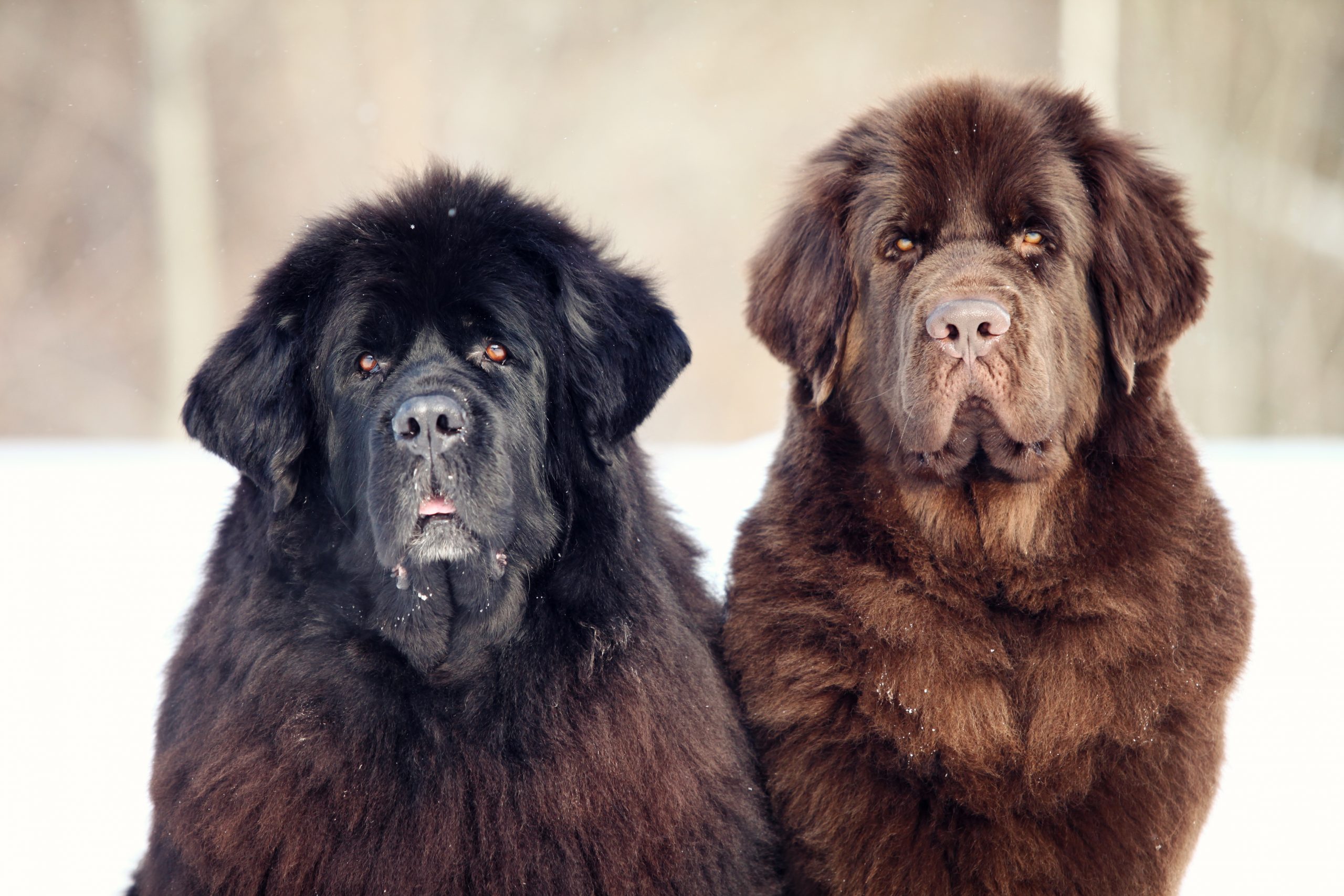
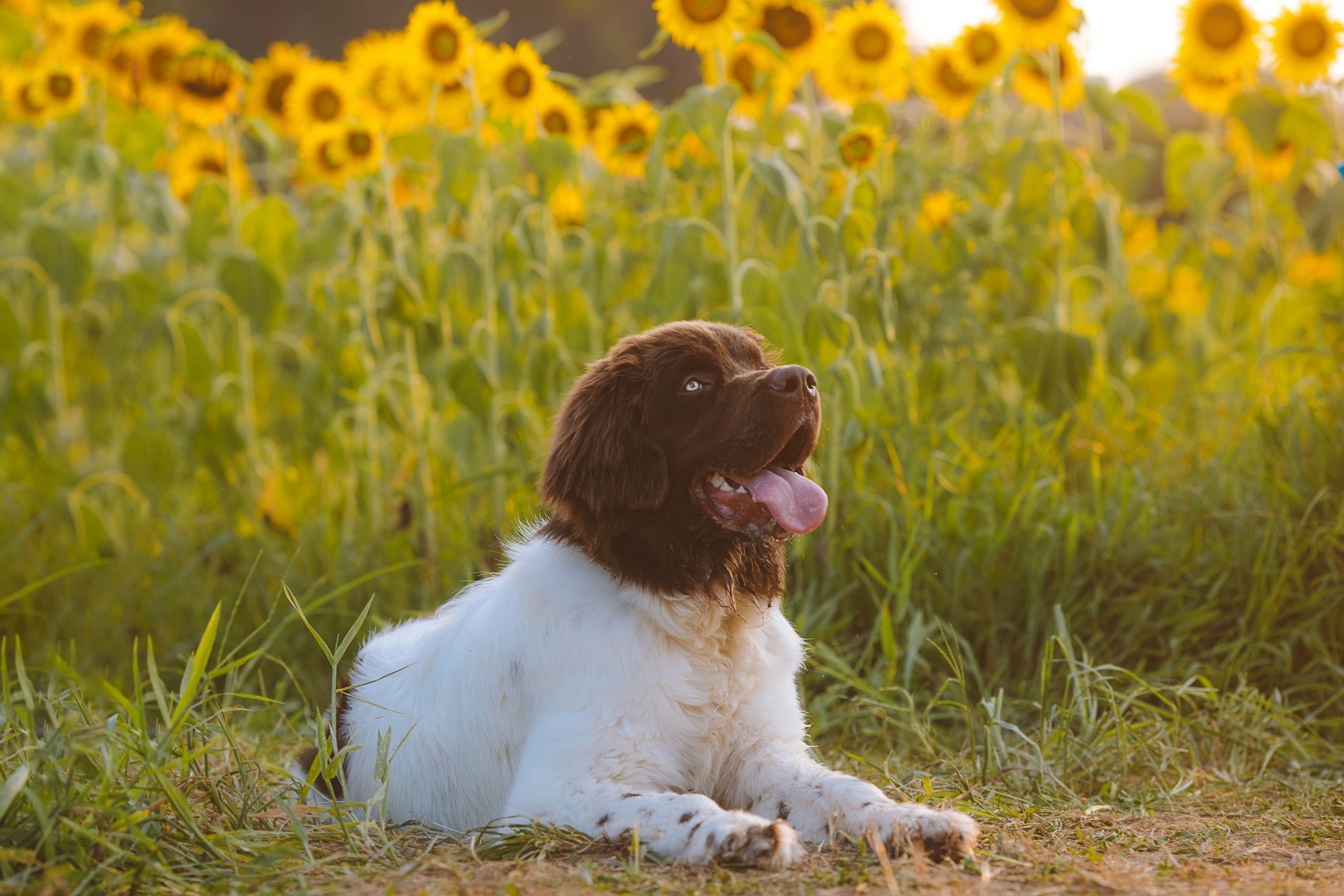


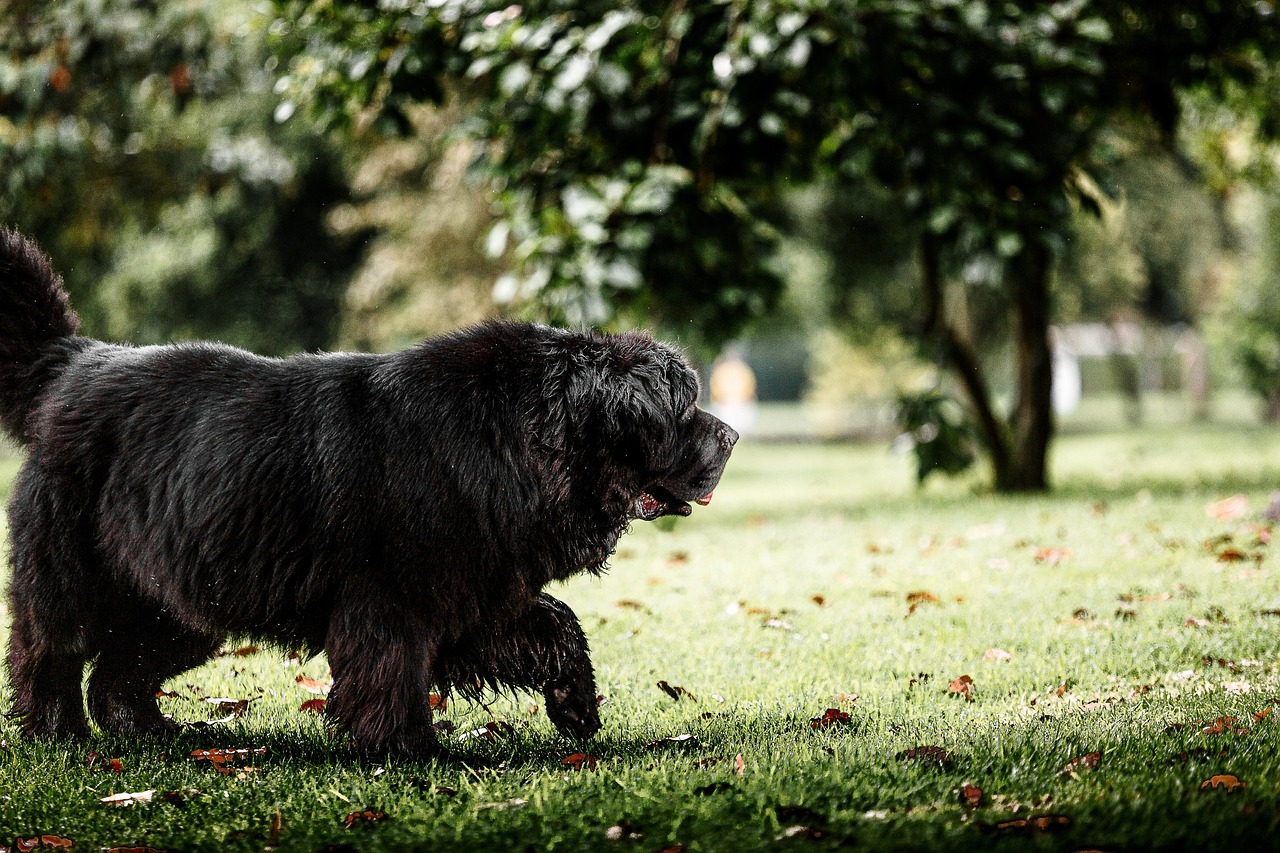


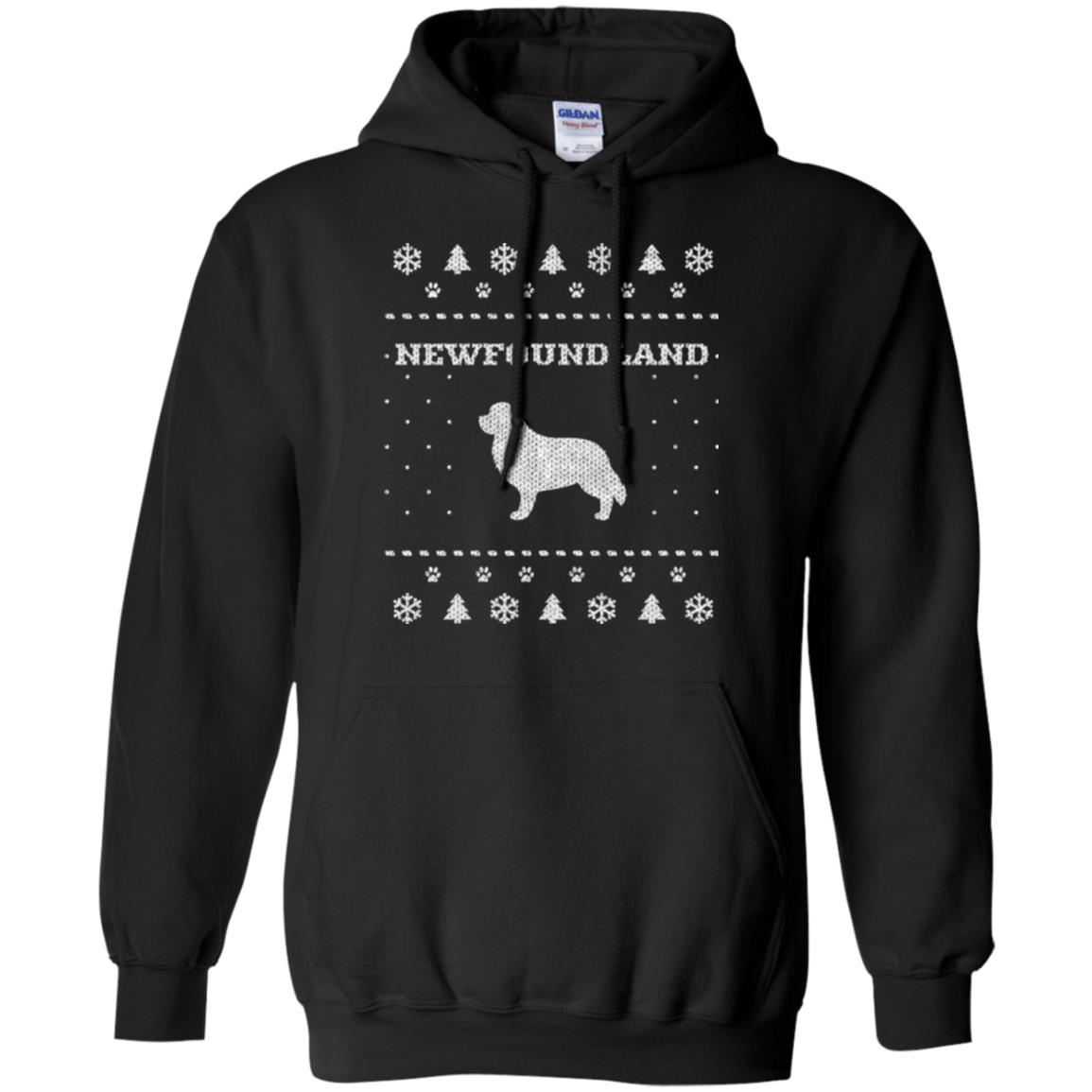
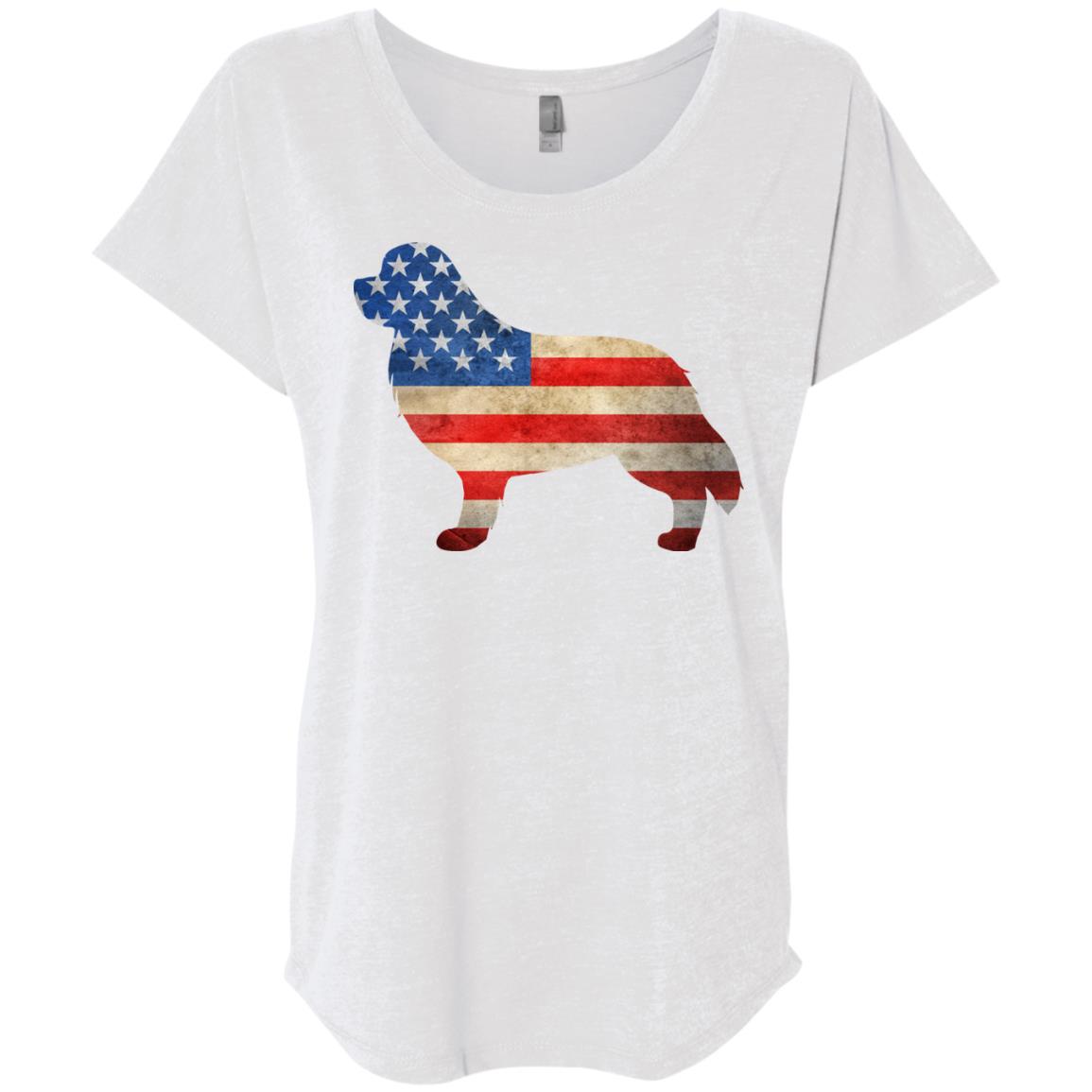

 Toledo, United States.
Toledo, United States.